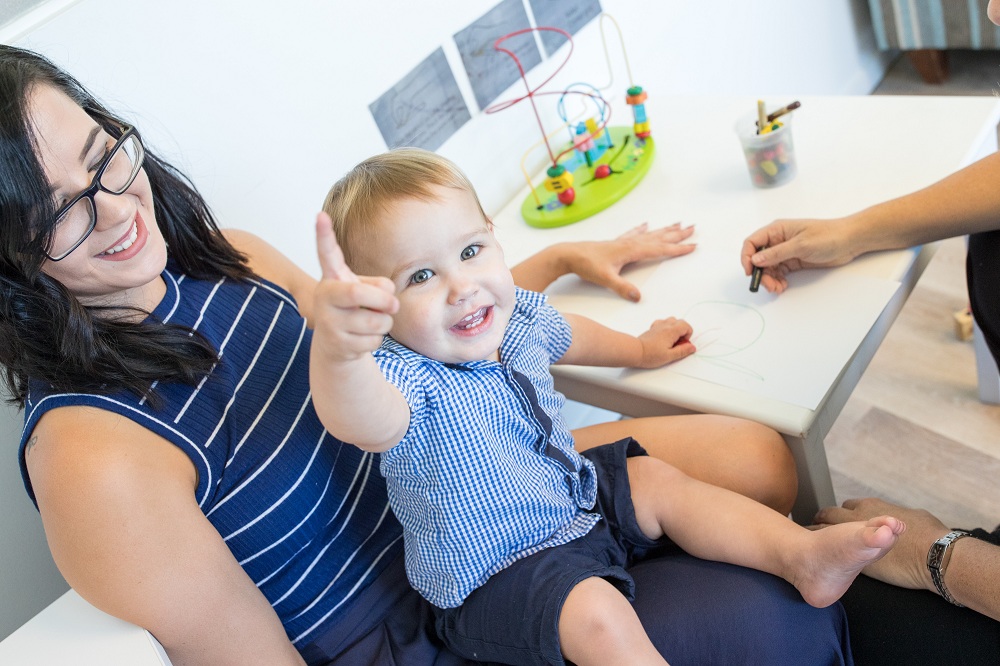With winter well and truly underway, temperatures dropping, rain settling in, and still a few months to go before spring, being organised is key to a stress-free and smooth winter. Of course, there are always unplanned events and unforeseen circumstances thrown in the mix, but having a weekly planner that factors in school work, school time, and study time, as well as incorporates me time (relaxation) and social life, will help your children navigate through winter and stay focused.
Have you thought about creating a weekly planner with your children? When using a weekly planner to organise your children’s time effectively, make sure you factor in:
– commute times: depending on the age of your children, commute times can be used to revise school work, learn something new, relax or play
– school and study sessions: most of the days are spent at school studying and learning, and it is important to factor in study sessions outside of school time to complete homework and revise what has been taught at school. A study planner is the easiest way to get organised and be accountable. With study times, make sure your children are using that time effectively, taking notes in their own words, creating flashcards, practicing questions, revising vocabulary etc., and staying clear of any distractions.
– social life: social interactions happen throughout the day at school, but it is also important to keep in touch with friends outside of school and on the weekends.
– exercise: 30 minutes a day, it’s all that is needed to stay fit, active and focused. Alternate between intensive and low-impact activities.
– Me time: relaxing is an important aspect of children’s lives to help them with their concentration, frustration, anger and to improve their well-being. Nowadays, a lot of relaxation and me time happen in front of a screen, but scheduling some time away from screens is also significant for personal development. Encourage your children to read a book or a magazine, draw, stretch, spend time with the family etc.
– bedtime routine: having a bedtime routine will help form a good sleep pattern, avoiding screen time at least one hour before bed, having a warm bath/shower, reading a book, having a tea, meditation, journalling etc.
Getting children used to having a weekly planner from a young age can help them build their organisation skills. Benefits of using a weekly planner include:
– improves organisation
– strengthen accountability and responsibility
– track achievements and goals
Knowing what the week ahead will look like can take away the daily stress and pressure, and will avoid wasting time. Let your children choose the design and start planning!









